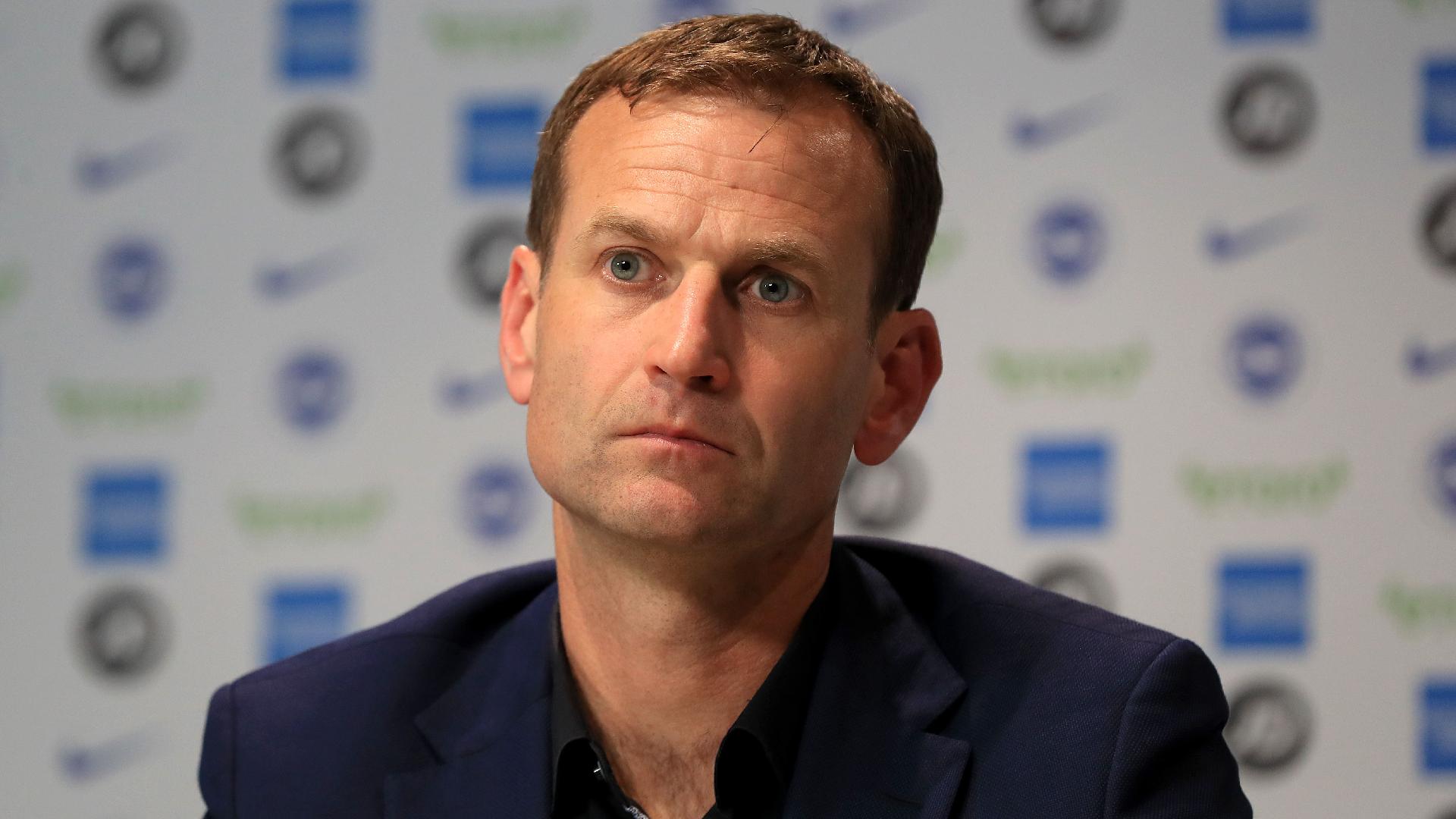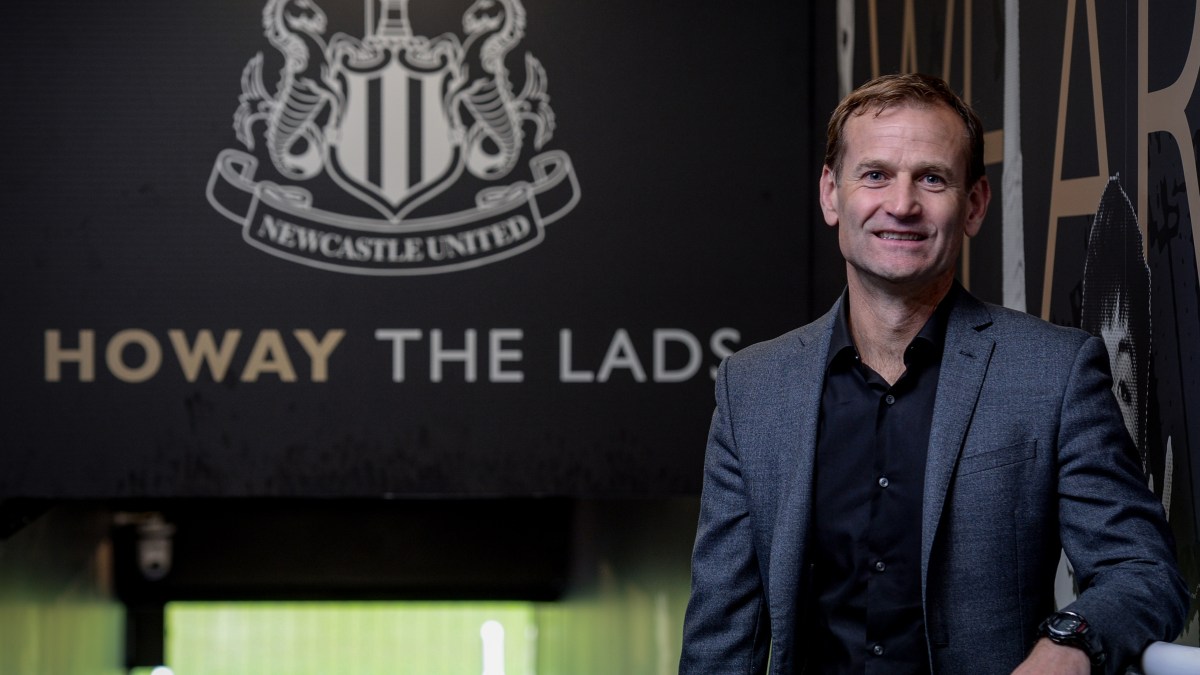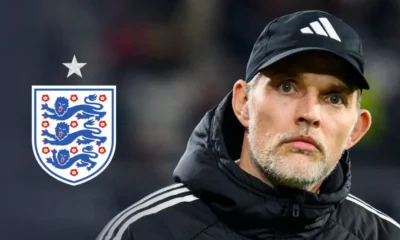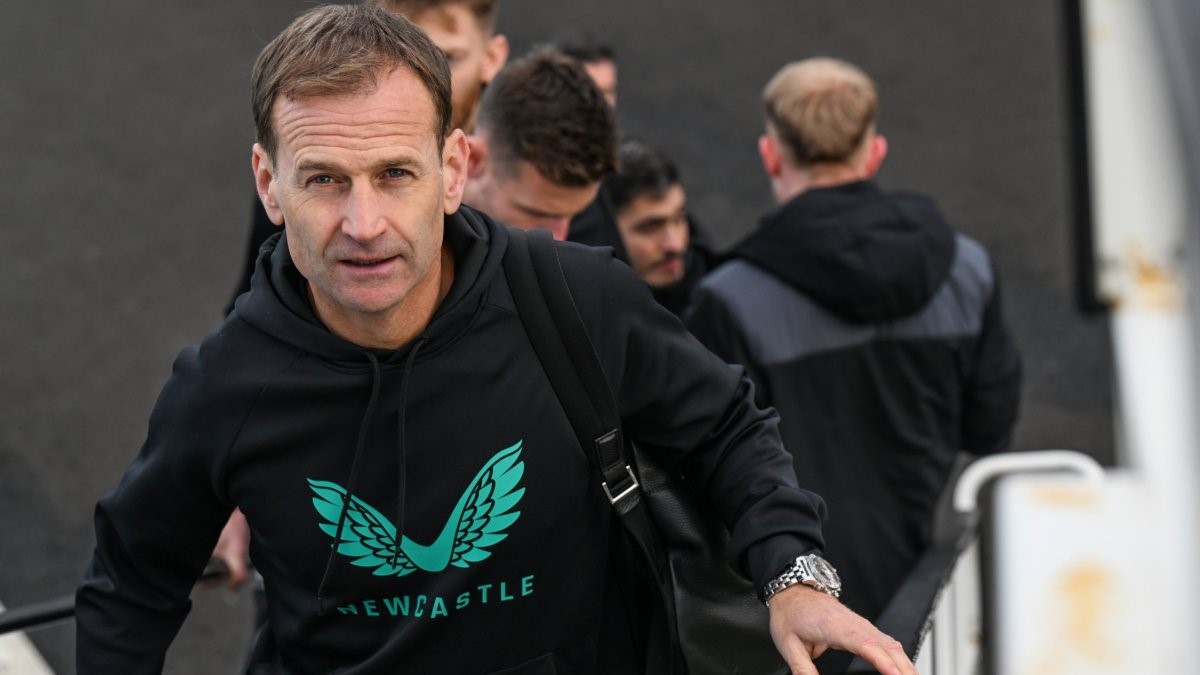- This peculiar phrase carries significant weight in the world of football contracts and managerial transitions
- A case in point is Newcastle’s Dan Ashworth who is currently on gardening leave
- Manchester United’s co-owner Sir Jim Ratcliffe said the Red Devils would consider him
Gardening leave in football often surfaces in the management of the sport sparking curiosity and confusion among fans and enthusiasts alike.
This peculiar phrase carries significant weight in the world of football contracts and managerial transitions. Gardening leave, although sounding idyllic, holds nuances that can affect clubs, coaches, and players profoundly.
This article looks at all the intrigues behind gardening leave in football, exploring its rules, implications, and the rationale behind its nomenclature. A proper understanding of this concept is crucial for stakeholders and fans alike to get a grasp on managerial transitions and contractual obligations involved.
Gardening Leave in Football Rules
Gardening leave in football refers to a contractual clause that allows clubs to prevent a departing employee. Ideally, it focuses most on a manager or coach, from immediately joining a rival team or undertaking similar roles elsewhere. When a club decides to part ways with a manager, they may enforce gardening leave.
This is to ensure that the departing individual doesn’t divulge confidential information or disrupt team dynamics by joining a competitor right away. The specifics of gardening leave clauses vary widely depending on individual contracts and negotiations between clubs and personnel.

Newcastle Sporting manager Dan Ashworth. Photo/beINSPORTS
A case in point is Newcastle’s Dan Ashworth who is currently on gardening leave. This follows his decision to leave the club in his role as the sporting director. Manchester United’s co-owner Sir Jim Ratcliffe said the Red Devils would consider him to join Old Trafford as the club’s new sporting director
Is Gardening Leave a Bad Thing?
The perception of gardening leave in football as a bad thing largely is relative. For clubs, the leave serves as a protective measure, safeguarding their interests during managerial transitions. It allows them time to find a suitable replacement without the risk of the departing manager immediately joining a rival club and potentially exploiting insider knowledge.
However, from the perspective of the manager or coach, gardening leave can be frustrating. Why? Because it temporarily restricts their ability to seek new opportunities and continue their career progression in the footballing world. Nonetheless, it often comes with continued financial remuneration, offering a form of compensation during the interim period.
Why is it Called Gardening Leave?
The term “gardening leave” originates from a factual point of view. It means that a football manager/coach has free time to tend to their garden or pursue leisure activities during the contractual period of restriction. This is still true as they are technically employed and receiving their salary.
In reality, though, they are detached from their professional duties and responsibilities. This term, though quaint in its imagery, essentially refers to the idea of a temporary break from work. Individuals involved have a chance to focus on personal pursuits until they are free to resume their professional endeavours. In the context of football management, however, the term may seem inappropriate given the competitive nature of the sport.
How Long is Gardening Leave?

Newcastle’s Sporting Director Dan Ashworth. Photo/Capital News
The duration of gardening leave in football varies depending on the terms negotiated in the employment contract. It could range from a few weeks to several months. The specific timeframe is outlined in the contractual agreement between the club and the departing manager or coach.
On this, the duration often takes into account several factors. Some of them include the seniority of the individual and the nature of their role within the club. Further, it focuses on potential contractual obligations or restrictions that may influence the length of the gardening leave period. Ultimately, the duration is determined through negotiation and may vary in different contractual contexts within the football industry.
Conclusion
In the fast-paced world of football management, gardening leave emerges as a strategic tool employed by clubs to manage transitions while protecting their interests. Despite its seemingly innocuous name, gardening leave carries significant implications for both clubs and departing personnel.
Understanding the rules, implications, and duration of gardening leave is essential for stakeholders within the footballing community to navigate managerial transitions effectively and ensure continuity amidst change. The concept of gardening leave remains a pertinent aspect of contractual agreements and managerial protocols. It is a part of football development which shapes the dynamics of club management and personnel transitions.
















You must be logged in to post a comment Login